Strategies to keep steelhead fishing alive while restoring steelhead populations to rivers in Puget Sound are spelled out in the “Quicksilver Portfolio” (PDF 2.3 mb), a document unveiled today before the Washington Fish and Wildlife Commission. After three years of study, the Puget Sound Steelhead Advisory Group announced that it was ready to solicit public […]
March 23, 2020
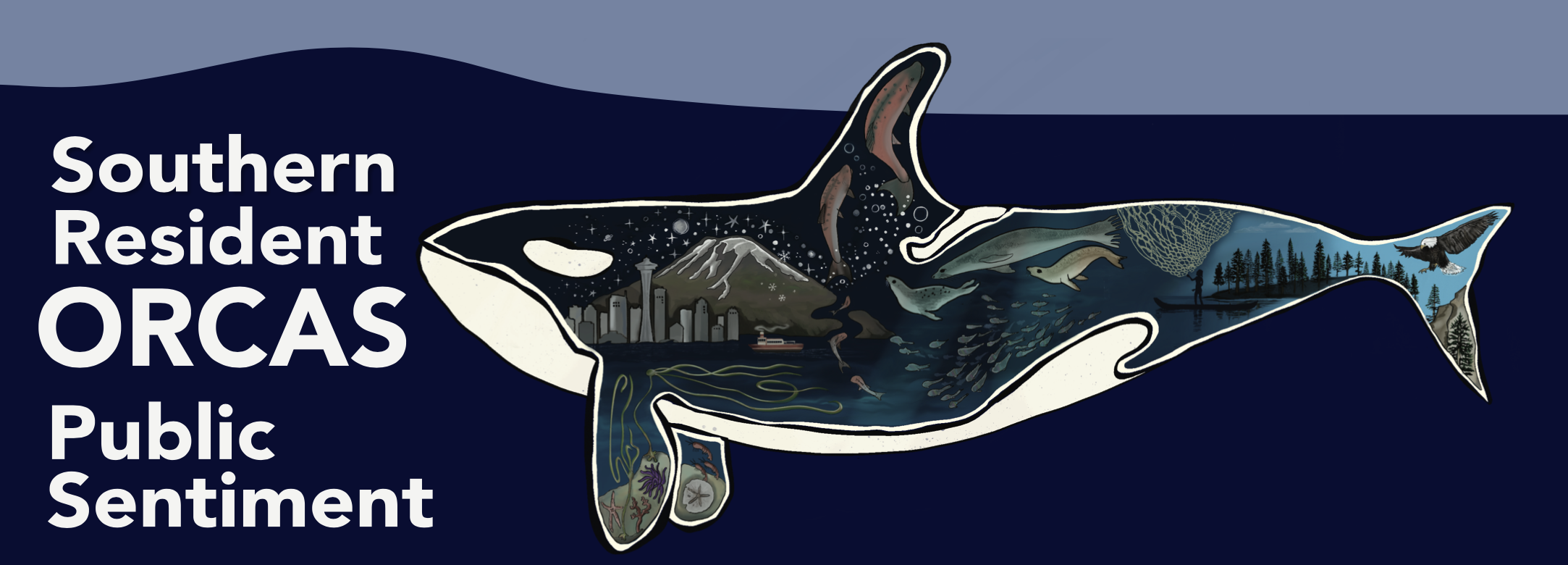 ">
"> Social scientists analyze public reactions to orca crisis
Social scientists at Oregon State University have been analyzing a trove of more than 17,000 public comments sent to the Washington state governor’s southern resident orca recovery task force. The researchers have added the comments to a keyword database to look at public emotions and perceptions around the issue of orca declines. The orca task […]
March 7, 2020
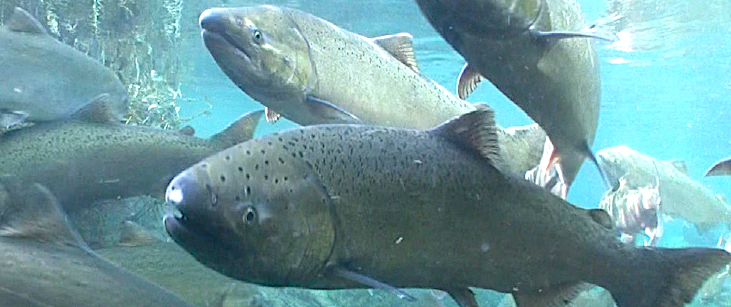 ">
"> Harvest managers setting this year’s salmon seasons struggle to find ways to help orcas
As state, tribal and federal salmon managers work together to establish this year’s fishing seasons, they have not forgotten about the needs of Puget Sound’s endangered killer whales. In fact, new documents related to the southern resident orcas describe an investigation looking to find ways to reduce fisheries at certain times and locations that might […]
October 31, 2019
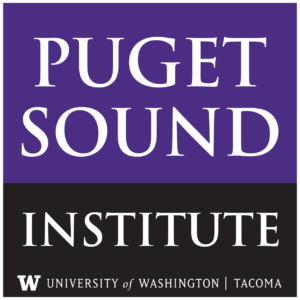
A path through the maze of resilience thinking
‘Resilience thinking’ has exploded in recent decades to become a sprawling discipline, complete with debates and inconsistencies, and literature to match. The idea that ecosystems should be made ‘resilient,’ or able to absorb disturbance and still bounce back, has gained traction in many policy circles, but there remains some disagreement about what the term means […]
May 20, 2019
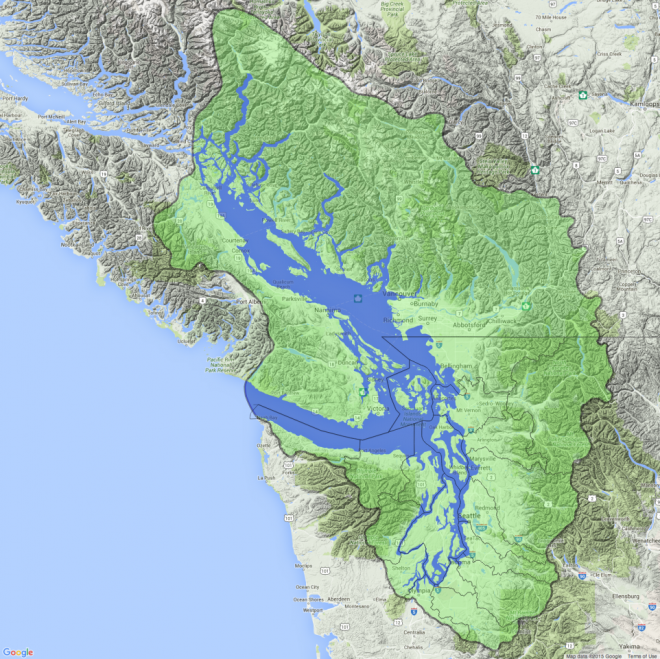 ">
"> Survey illustrates a lack of familiarity with the Salish Sea
Washington and British Columbia residents are largely unfamiliar with the Salish Sea. A recent study conducted by the SeaDoc Society and Oregon State University reveals a need to improve geographic literacy and familiarity with the Salish Sea among those communities who share and live alongside this integrated transboundary ecosystem. This is a guest blog from […]
April 16, 2019
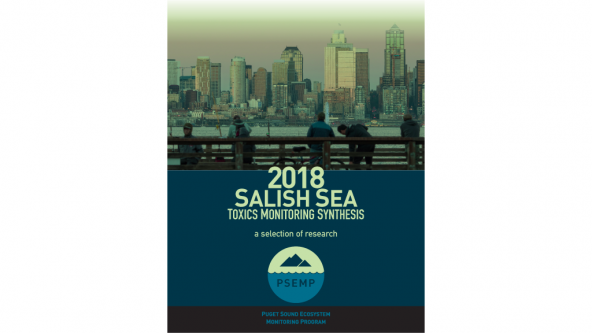 ">
"> Salish Sea toxics synthesis report
The Puget Sound Institute’s Andy James is the corresponding editor of a 2019 report on monitoring and research activities focused on toxic contaminants in the Salish Sea. The report from the Puget Sound Ecosystem Monitoring Program covers a range of case studies including the occurrence of microplastics and pharmaceuticals in shellfish, PCBs in river otters and new findings […]
March 20, 2019
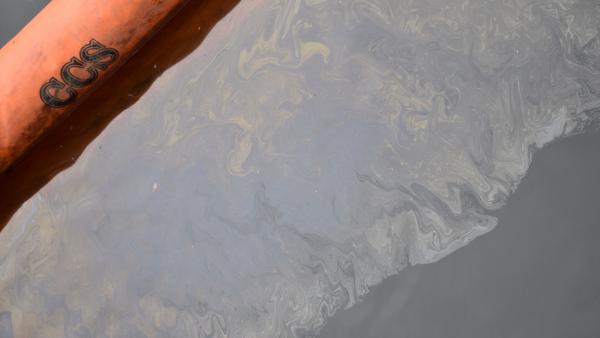 ">
"> Risk of a major oil spill generates action in Olympia
This week, our magazine Salish Sea Currents takes an in-depth look at ongoing legislative activity to prevent oil spills in Puget Sound. PSI senior writer Christopher Dunagan reports on the push to adopt new rules to counter-balance the increasing risks of tanker collisions and potential catastrophic spills. Among the concerns: About 1,300 tanker ships, of all types, […]
February 8, 2019
 ">
"> Do financial incentives motivate farmers to conserve land?
Occasionally, this space includes reports and essays from guest writers on the subject of Puget Sound ecosystem recovery. Today’s guest blog is from Mollie Chapman, who received funding from the Puget Sound Institute in 2013 to study how financial incentives influence decisions by farmers to conserve ecologically important land. By Mollie Chapman Would you undertake […]
December 12, 2018
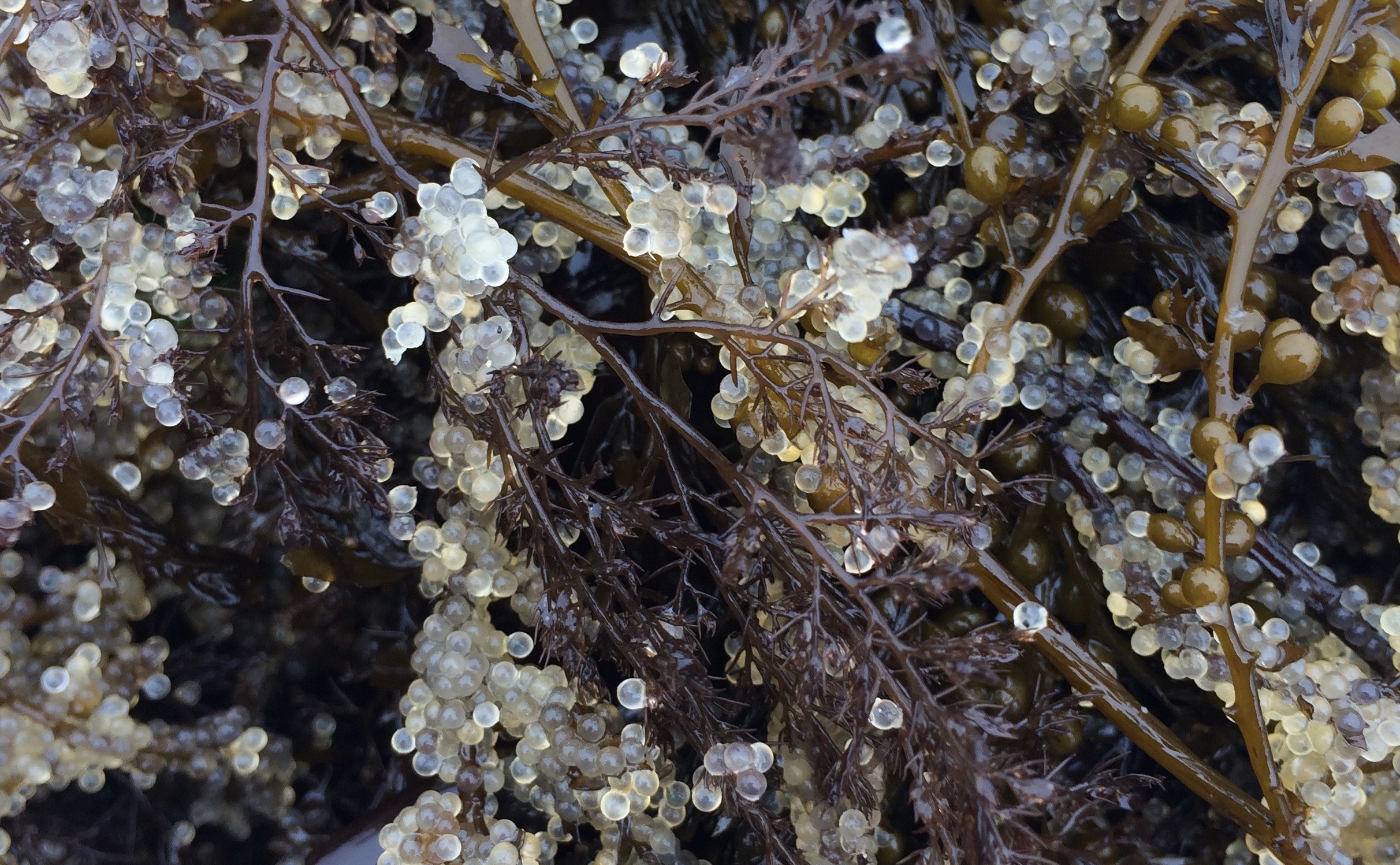 ">
"> Test your herring knowledge
By Jeff Rice One of the first steps in protecting any species is understanding as much as you can about it. When it comes to Pacific herring in the Salish Sea, much is known but until recently many of the key scientific findings about the species had not been gathered together in a single place. […]
November 16, 2018
 ">
"> Orca task force releases recommendations
By Jeff Rice The governor’s Southern Resident Orca Task Force released its final report and recommendations today, focusing on three key threats to Puget Sound’s endangered orcas: Lack of food, disturbance from noise and vessel traffic, and toxic contaminants. In all, the report makes 36 recommendations for recovering the fast-declining orca population, which now stands at […]

 ">
">